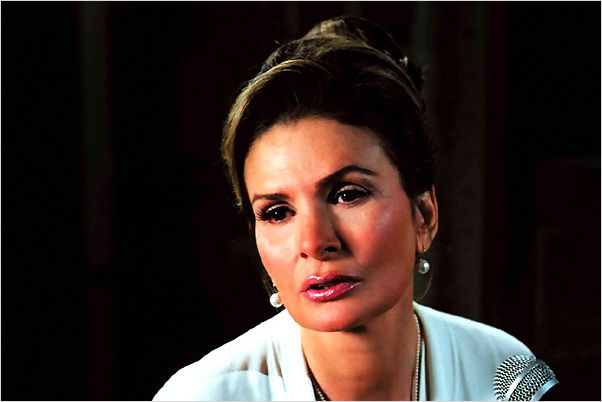

They shouted ‘Saudi! Saudi!’ at one woman and pulled off her black veil. Then they turned their attention to women on the street. When they discovered the film was sold out, they began ripping down posters and wrecking the box office. He’s ‘a drunken, idle and degenerate womaniser and offence to his noble family’ according to his embittered sister but, in fact, with his sense of honour, educated self-knowledge and lack of social snobbery, is the film’s main metaphor for the attrition of its country’s cherished decency.Last October, on the evening of Eid-ul-Fitr, hundreds of men gathered outside a cinema in downtown Cairo. If the film has a singular triumph, it is Adel Imam’s miraculous performance as the initially unsympathetic central character, the ageing roué Zaki.

This is all rendered with expressive artistry by cinematographer Sameh Selim. There’s a sweep and variety applied to the audacity and honesty of the work, too, with secrets, lies and reactionary power-relations – how poverty induces poor, proud Bothaina (the expressive Hind Sabry) to give sexual favours to her employer – illustrated in touching, humanistically-informed, intimate encounters played out in a rich kaleidoscope of local alleys, bazaars, restuarants, homes and work places. He shows a precocious, unstudied, directorial confidence, not only elegantly dovetailing the multiple personal stories of his dozen main characters – from the ‘decadent’ upper-class ‘beys’ and ‘pashas’ in the fading glory of the downstairs apartments to the immigrants from Upper Egypt, prey to exploitation and fundamentalist overtures, on the roof – but also sustaining a tone that mixes an elegaic nostalgia with an almost-Loachian directness when dealing with the indignities of life in a country still corrupted by commercial venality, political cronyism and class and sexual prejudice. Also, it more than does justice to the enticing microcosm that the novelist makes of the varied occupants of a central Cairo block and his series of pertinent – and locally controversial – comments on the state of Egypt.Īll the more admirable, then, that this is Hamed’s debut feature.


Remarkably, as that country’s most expensive production, it doesn’t pull its punches. Marwan Hamed’s epic star-spangled social fresco, adapted from Alaa Al Aswany’s spectacularly popular 1990-set novel, is something of a landmark film in Egyptian cinema.


 0 kommentar(er)
0 kommentar(er)
